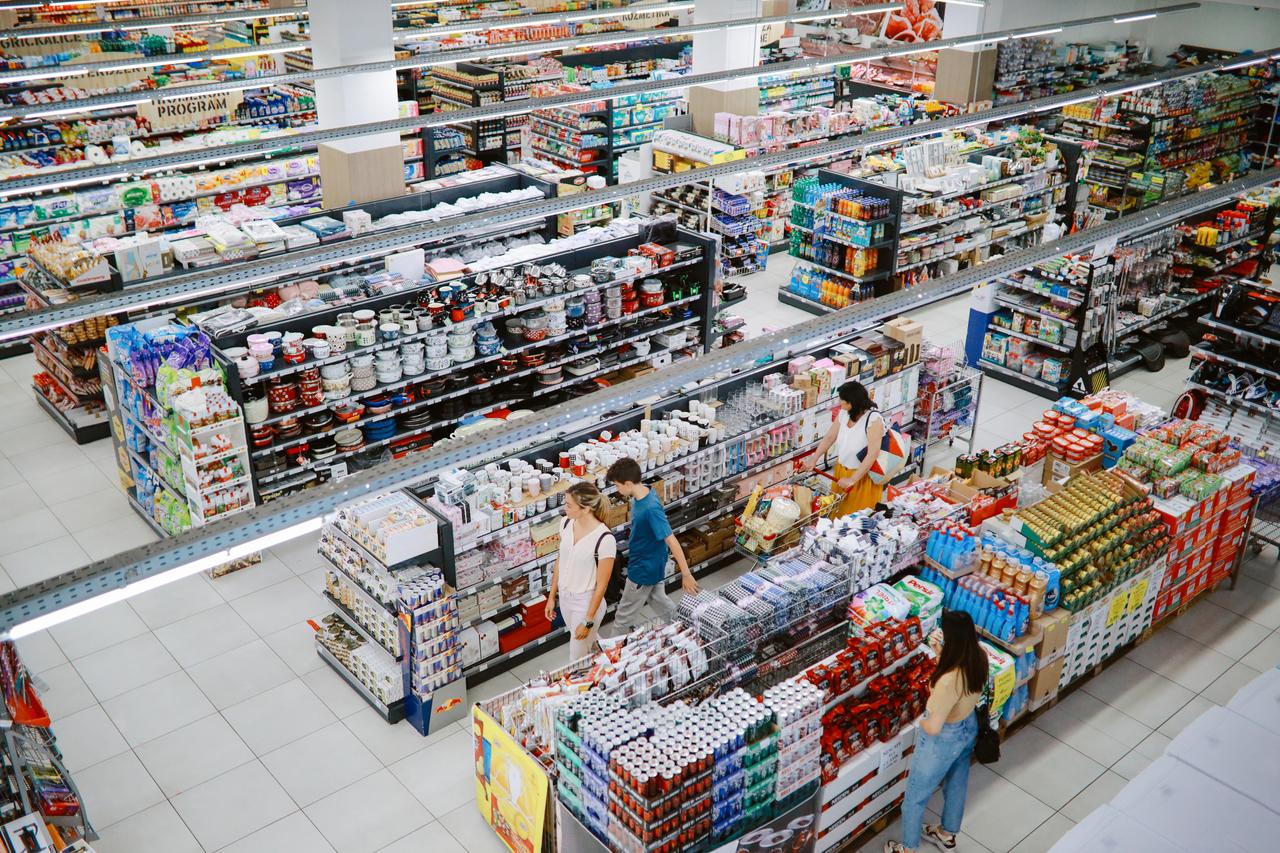Donald Trump's new reign will have significant impact on the economy of the Benelux countries. The U.S. is the most important trading partner outside Europe for both Belgium and the Netherlands (export value Netherlands approximately €50 billion, for Belgium approximately €30 billion).
Many measures of the new administration are not yet known but it is certain that the policy will often be controversial and aimed at protectionism and reindustrialization of American business (at the expense of sustainability). Besides challenges mentioned in our previous article, we also see opportunities for Dutch and Belgian companies.



